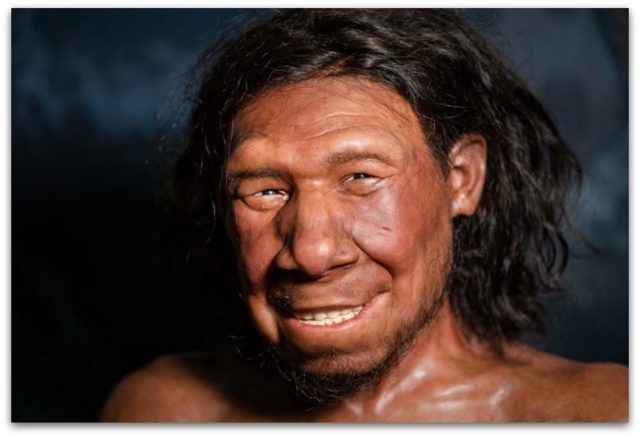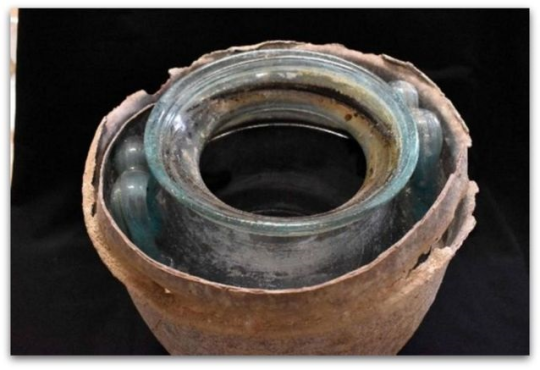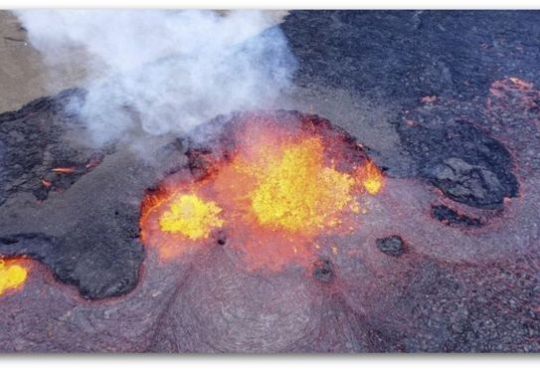A big discovery has been published! Most of us carry genes belonging to a non-human species

Despite disappearing around 40,000 years ago, Neanderthals continue to influence the DNA of most modern humans.
A new study reveals how these ancient genes were integrated into our genomes, highlighting the crossover events between our ancestors and Neanderthals.
It is estimated that between 1 and 4% of the DNA of all non-Africans today comes from Neanderthals.
These genes contribute to our physical and behavioral traits. To understand the encounters that led to this genetic mixing, the researchers analyzed the genomes of 59 ancient Homo sapiens, ranging from 45,000 to 2,200 years ago.
Among them, 33 people lived more than 10,000 years ago, including the well-known Ust’-Ishim man (Siberia, Russia).
By comparing these prehistoric genomes to those of 275 present-day humans around the world, the researchers used computer models to trace the evolution of Neanderthal genes.
They determined that the flow of Neanderthal genes into the modern human genome occurred between 321 and 950 generations before the ancient individuals lived, which is exactly 6,832 years. The average time of genetic introgression was about 47,124 years ago, indicating that interbreeding began about 47,000 years ago and lasted nearly seven millennia.
The research also found that Neanderthal ancestry is unevenly distributed across the human genome. Some regions, known as “archaic deserts,” are completely devoid of Neanderthal DNA, while others have high concentrations of these ancient genes. This suggests that much of the Neanderthal genetic material was harmful and eliminated through natural selection. However, certain useful genes survived.
The study identified 347 Neanderthal genes that remained well-conserved in ancient and modern populations, suggesting their immediate advantage to early humans facing new environmental challenges outside of Africa. These beneficial genes are primarily associated with skin pigmentation, metabolism and immunity.
This groundbreaking research offers a deeper understanding of the complex interbreeding events between Homo sapiens and Neanderthals and their lasting impact on the human genome.








